(ECNS) -- April 25 marks World Malaria Day with the theme of “Harness innovation to reduce the malaria disease burden and save lives" and the year 2022 marks the 50th Anniversary of the Discovery of Artemisinin.
Over the years, China has made great contributions to fight against the disease by developing antimalarial drugs, tools and methods.
In 1972, Tu Youyou, the 2015 Nobel laureate in medicine, and her team discovered artemisinin, a compound that is used to produce artemisinin-based combination therapies, which the World Health Organization has recommended as the priority treatment for malaria.
Before the discovery of artemisinin, about 400 million people were infected with malaria every year worldwide, and at least 1 million people died from the disease.
China is the first country in the WHO Western Pacific Region to be awarded a malaria-free certification in more than 3 decades, according to WHO. China's extraordinary achievement in bringing 30 million malaria cases a year to zero over the course of seven decades shows the life-saving progress a country can make when it combines a strong commitment to addressing public health challenges with long-term investment in innovation.
China has actively promoted the application of artemisinin around the world, saving millions of lives, especially in developing countries, and making an important contribution to the prevention and treatment of malaria and the protection of human health.
Artemisinin is a gift from traditional Chinese Medicine to the world, Tu said.












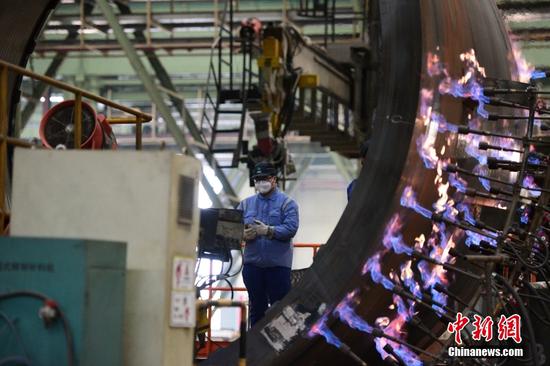


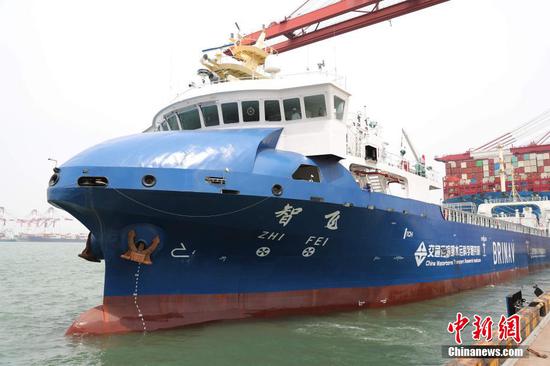






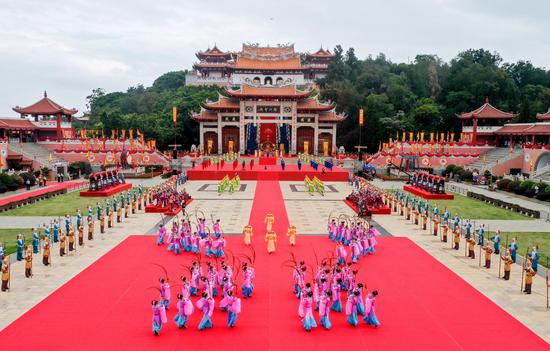


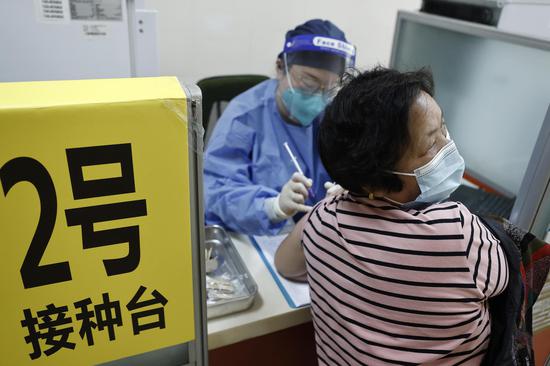

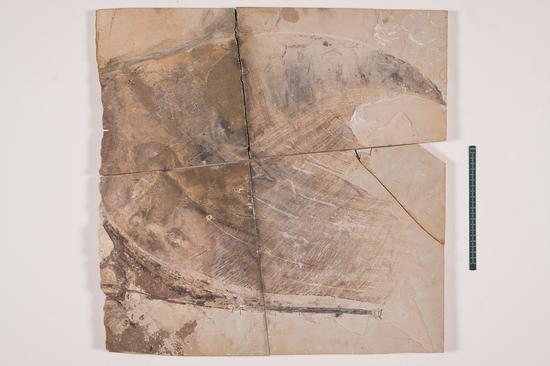
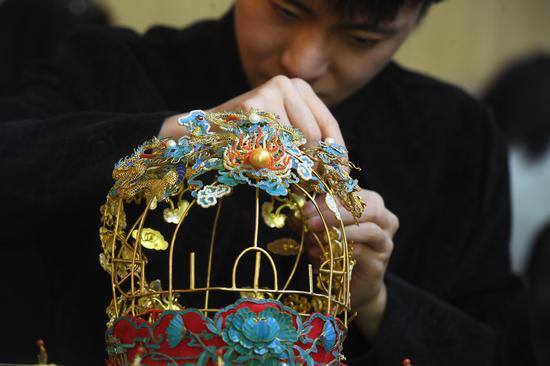


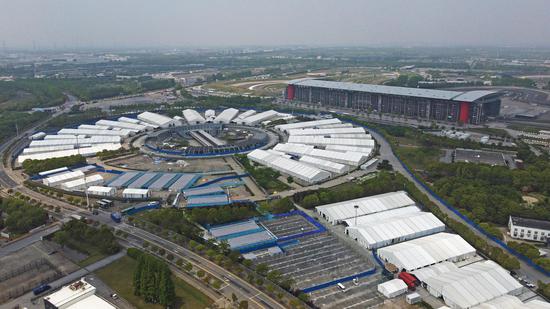


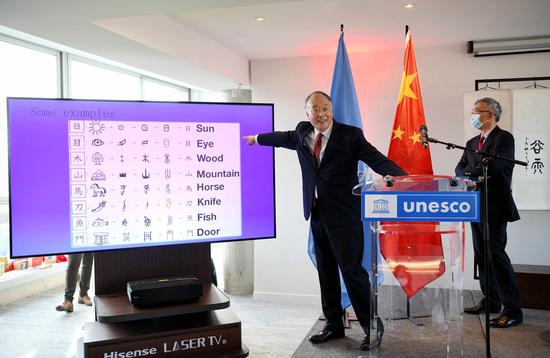




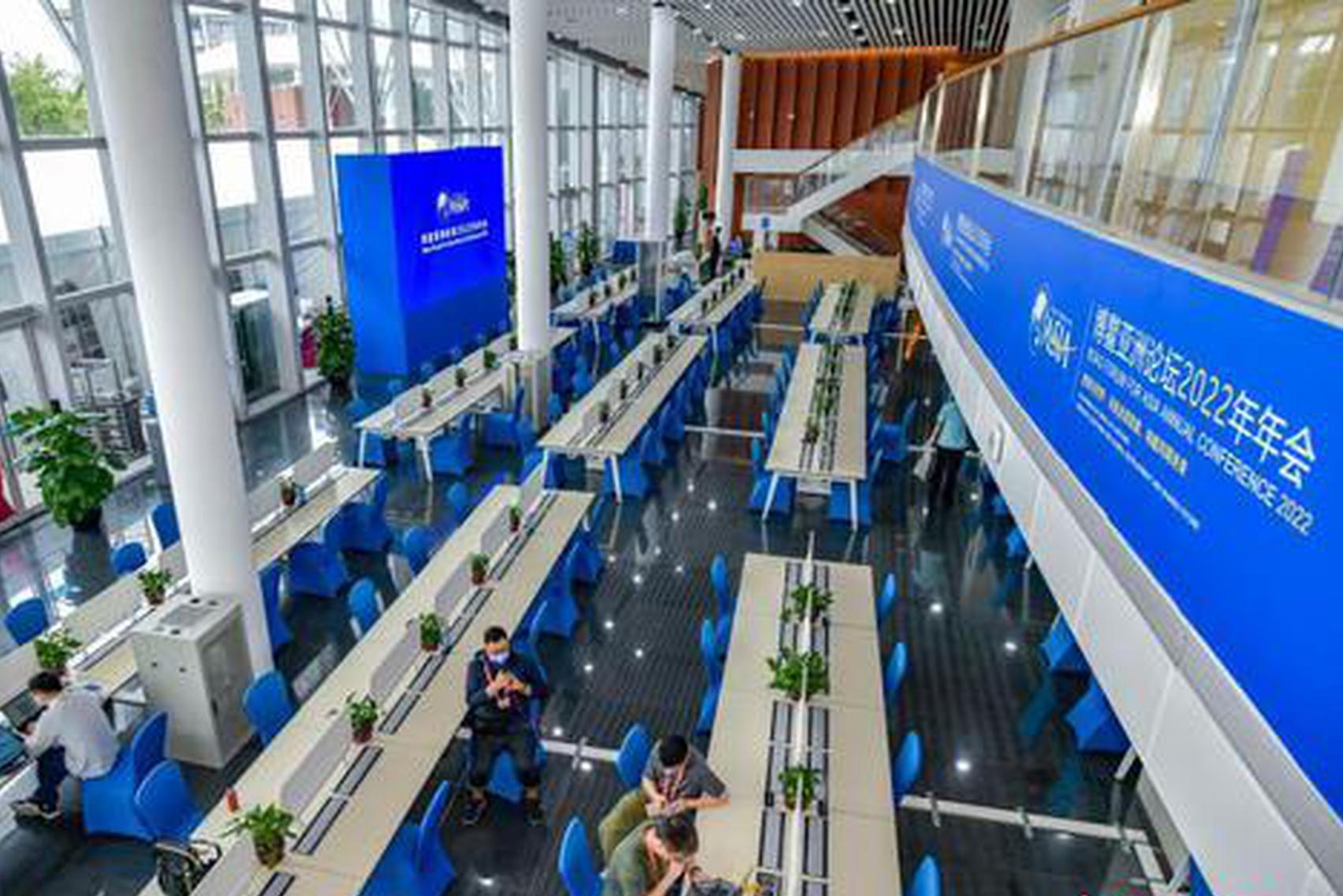

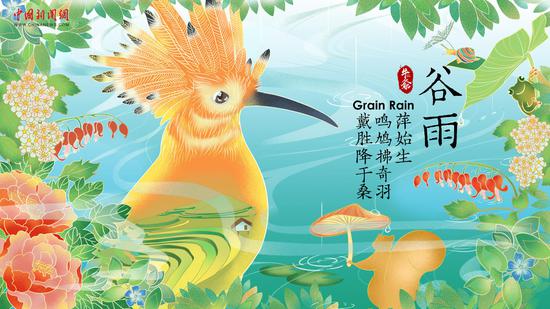
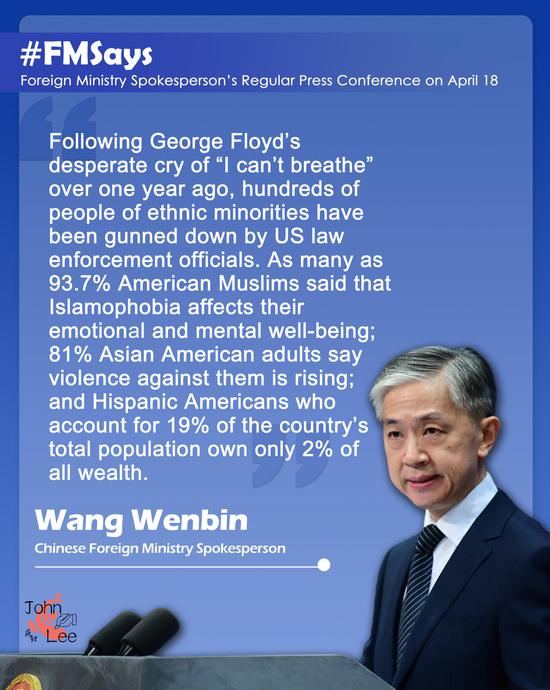
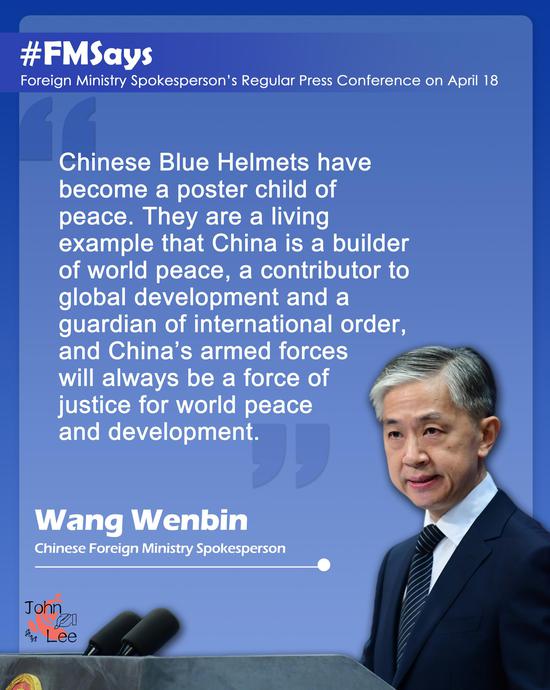






 京公网安备 11010202009201号
京公网安备 11010202009201号